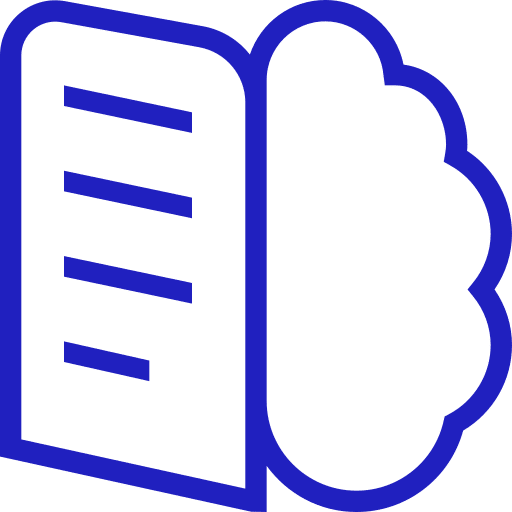News & Insights
Equality Impact Assessment: The Key to Inclusive and Defensible Public Consultations
Before planning the consultation, open the Equality Impact Assessment and treat it as a live record from the start. List the protected groups, map potential impacts by area and service, and note what you don’t know. Design the public consultation to address these gaps: reach those most affected, remove barriers to participation, and ask questions that test the impacts you’ve identified. Keep updating the EIA as evidence appears so your record stays clear and defensible.
This article demonstrates how to use an “EIA-first” approach to develop better options, fulfil the duty, and reduce risk. We provide This article shows how to use an “EIA-first” approach to develop better options, meet the duty, and reduce risk. We outline practical steps for NHS, local government, and infrastructure teams, with examples you can apply immediately. The aim is clear: make equality analysis the main driver of your public consultation, not an afterthought.practical steps for NHS, local government, and infrastructure teams, with examples you can implement immediately. The goal is clear: turn equality analysis into the driving force of your public consultation, not an afterthought.
Understanding the Public Sector Equality Duty (PSED)
Under Section 149 of the Equality Act 2010, PSED requires public authorities to have “due regard” to three aims when exercising their functions:
- Eliminate unlawful discrimination, harassment, and victimisation.
- Advance equality of opportunity between people who share a protected characteristic and those who do not.
- Foster good relations between different groups.
This duty applies to all listed public bodies and any organisation performing public functions. Failure to comply can render decisions unlawful and subject to judicial review. In fact, campaign groups and lawyers often target PSED compliance as a primary focus in legal challenges. Case law shows that when decision-makers neglect to consider how a proposed change impacts protected groups, the outcome can be a damaging, costly delay in implementation. Simply put, ignoring equality in a public consultation can derail an entire project’s timeline and credibility.
Why Equality Impact Assessments Are Essential
Although not explicitly mandated by law, Equality Impact Assessments (EIAs) are widely acknowledged as best practice for demonstrating PSED compliance. A well-conducted EIA provides your organisation with evidence that you have appropriately considered equality in decision-making. Specifically, a good EIA will:
- Identify potential discrimination or disproportionate impacts early and help mitigate these risks.
- Improve decision-making by ensuring diverse needs and perspectives are considered.
- Provide documented evidence of your compliance, strengthening legal defensibility and public accountability.
However, an EIA is only as effective as the way it is used. It must be more than a tick-box exercise. Ensure any EIA template you use actually encourages thoughtful analysis – don’t just mindlessly follow a template or copy-paste text. Be aware that every piece of documentation (internal reports, meeting minutes, emails) could become evidence of whether you genuinely fulfilled your duty. It’s also vital to treat the EIA as a living document. Start your initial draft as early as possible in the consultation planning phase, and update it throughout the consultation as you learn more about the communities affected. By iterating the EIA right up until just before the final decision, you capture new information and adjust your approach in real time. This careful, ongoing use of EIAs helps embed inclusion into your process and leads to decisions that are both inclusive and defendable. In fact, having a well-founded, data-informed EIA is often crucial to demonstrating that you have fulfilled your equality duties.
How tCI Can Help
Quality Assurance: Independent review at critical stages—from evidence protocol design through to final reporting—ensuring your approach to qualitative data meets legal and good practice standards. Our seven-stage QA process includes assessment of analysis methods, interpretation fairness, and compliance with Gunning, PSED and ICO requirements.
Early Assurance: A snapshot review during planning to sense-check your evidence framework, codebook design, and proportionality rationale before fieldwork begins.
Charter Workshops: Half-day sessions helping your team understand good practice standards for handling qualitative consultation data, including rigorous analysis and defensible interpretation.
Whether you’re preparing for a high-stakes service change or need confidence that your evidence approach will stand up to scrutiny, we can help. Contact tCI for Quality Assurance at hello@consultationinstitute.org
More news
We’re relaunching our Thursday morning sessions from February, and we want to know what you’d like to explore Good news:...
Public consultation in high conflict projects fails for predictable, preventable reasons. This article sets out the five interventions that consistently...
Public bodies running major consultations routinely use HM Treasury’s Green Book to appraise options, and routinely face legal challenge under...







